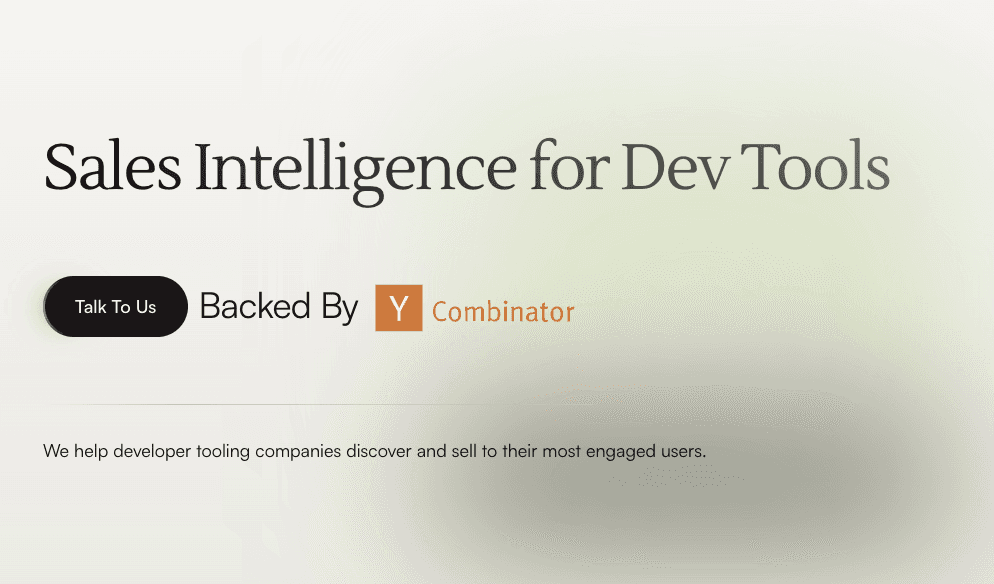Good morning. It’s Wednesday, December 11th.
Did you know: Google Chrome browser was released on this date in 2008?
In today’s email:
Quantum Computing Breakthrough
OpenAI Drops Sora, free Canvas
ChatGPT Enabled Glasses
6 New AI Tools
Latest AI Research Papers
You read. We listen. Let us know what you think by replying to this email.
In partnership with Fyxer AI
Fyxer AI: Automate Emails, Meetings, and Team Tasks in Seconds
Fyxer AI automates daily email and meeting tasks:
Email Organization: It organizes your inbox so you see important emails first.
Automated Email Drafting: Crafts replies that sound like you—convincing, concise, and flawlessly written in any language.
Meeting Notes: Keeps you focused by taking notes, summarizing meetings, and drafting follow-ups.
Fyxer AI adapts to teams and sets up in just 30 seconds with Gmail or Outlook.
Thank you for supporting our sponsors!

Today’s trending AI news stories
Google's new quantum chip has solved a problem that would have taken the best supercomputer a quadrillion times the age of the universe to crack
Google’s 105-qubit “Willow” processor has cracked the code on quantum error correction, scaling error reduction exponentially with added qubits—a feat long considered the quantum equivalent of alchemy. By weaving logical qubits into an intricate lattice and bolstering them with machine learning and precision calibration, Willow turns the tide on the usual avalanche of errors that plague quantum systems.
In a flex that redefines computing timelines, Willow solved in minutes what the fastest supercomputer would need 10 septillion years to tackle. With coherence times five times stronger than its predecessor, Sycamore, it dives beneath the error-correction threshold—a theoretical benchmark from 1995—and points the way to a future where quantum supremacy isn’t just a headline, but a working reality.
Elon Musk, typically quiet on quantum computing, broke his silence with a succinct “Wow” in response to Sundar Pichai’s announcement of the Willow chip. Pichai suggested the possibility of placing a “quantum cluster in space with Starship,” SpaceX’s next-generation spacecraft, to which Musk replied, “That will probably happen.”
The conversation veered into cosmic philosophy, with Musk referencing the Kardashev scale and humanity being “less than 5% of the way to a Type I civilization.” What began as a nod to quantum breakthroughs spiraled into a shared vision of wielding advanced tech to tackle planetary-scale challenges. Read more.
OpenAI’s Double Play: Sora Brings Text-to-Video, Canvas Elevates Python Execution
OpenAI's ‘12 Days’ continues, expanding its AI toolkit with two key releases: Sora and Canvas, each offering advanced features for users.
On Day 3, OpenAI dropped Sora, a text-to-video powerhouse now accessible to ChatGPT Plus and Pro subscribers. Sora can generate 1080p videos of up to 20 seconds from text prompts. Pro users, at $200 per month, unlock unlimited generations, watermark-free downloads, and the ability to run five generations at once. Sora’s abilities extend beyond mere video creation—it animates still images, remixes content, and even builds storyboards from sequences. However, OpenAI is treading carefully with the feature that generates videos of real people. It’s available only to a limited user base, as the company seeks to refine safety measures to prevent misuse. Metadata, C2PA markers, and stricter moderation on sensitive content are all part of the effort to ensure responsible use.
Day 4 brought Canvas into the spotlight, now open to all web users. This isn't just an editor; it's a complete workspace that merges Python execution with real-time, interactive development. Built on WebAssembly, the platform enables fast execution of Python code with extensive library support, right in your browser. Syntax highlighting, auto-completion, and real-time debugging streamline the process, while ChatGPT offers intelligent suggestions that can be applied instantly.
Canvas integrates with Custom GPTs, making it an ideal space for developers to build and deploy solutions. With this, OpenAI enhances its offerings with a seamless environment for both technical collaboration and sophisticated coding.
OpenAI launched its Sora video generator tool, but is restricting access to a feature that generates videos based on images or footage of real people. The feature will be available to a limited group of users, as OpenAI seeks to refine its safety measures due to concerns over misuse, such as deepfakes.
Generated videos will include metadata to indicate their origin, aiding detection through platforms supporting the C2PA standard. OpenAI also incorporates a filter to identify videos depicting minors and applies stricter moderation for sensitive content. On the copyright front, OpenAI’s “prompt re-writes” prevent the system from mimicking the style of living artists. Read more.
Solos launches AirGo Vision - ChatGPT-enabled AI smart glasses with a camera

Image: Solos
Solos has introduced AirGo Vision, smart glasses featuring ChatGPT 4.0 and a camera for a hands-free AI experience. With real-time visual recognition, the glasses can identify objects, translate text, and answer queries. A key feature is its privacy-first design: users can swap frames to control when the camera is active, while all other smart functions remain.
Compatible with top AI frameworks like Anthropic’s Claude and Google’s Gemini, the glasses work across devices. With a 42-gram frame and a battery life that supports over 2,500 interactions per charge, they’re built for comfort and all-day use. Starting at $149, AirGo Vision offers a sleek, customizable approach to wearable AI. Read more.


6 new AI-powered tools from around the web
Featured Tool:

arXiv is a free online library where researchers share pre-publication papers.


Thank you for reading today’s edition.

Your feedback is valuable. Respond to this email and tell us how you think we could add more value to this newsletter.
Interested in reaching smart readers like you? To become an AI Breakfast sponsor, reply to this email or DM us on X!








